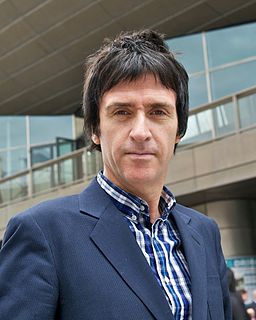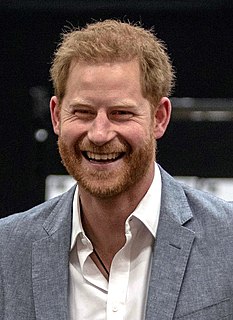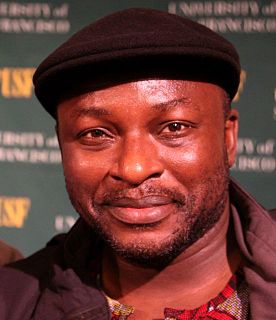A Quote by Abhijit Banerjee
What's nice about experiments is that they are much more closely tied to what theorists think about the world than normal empirical research. You can design your experiment to exactly ask the question you want to ask. This is not true about normal empirical research.
Related Quotes
Discerning the merits of competing claims is where the empirical basis of science should play a role. I cannot stress often enough that what science is all about is not proving things to be true but proving them to be false. What fails the test of empirical reality, as determined by observation and experiment, gets thrown out like yesterday's newspaper.
'All Stars' is a weird game. The rules are weird. However, I think 'All Stars' mirrors the real industry much more closely than normal seasons of 'Drag Race' do. In the real world of entertainment, it really is about the impressions you leave on your brothers and sisters in the room, and that's kind of what it is about.
Philosophers often think all scientists must be scientific realists. If you ask a simple question like "Are electrons real?" the answer will be "Yes". But if your questions are less superficial, for example whether some well-known scientist was a good scientist. Then, they had insisted that only empirical criteria matter and that they actually did not believe in the reality of sub-atomic entities. Ask "If that turned out to be true, would you still say they were good scientists?" The answer would reveal something about how they themselves understood what it is to be a scientist.
And one day we must ask the question, "Why are there forty million poor people in America?" And when you begin to ask that question, you are raising questions about the economic system, about a broader distribution of wealth. When you ask that question, you begin to question the capitalistic economy.





































